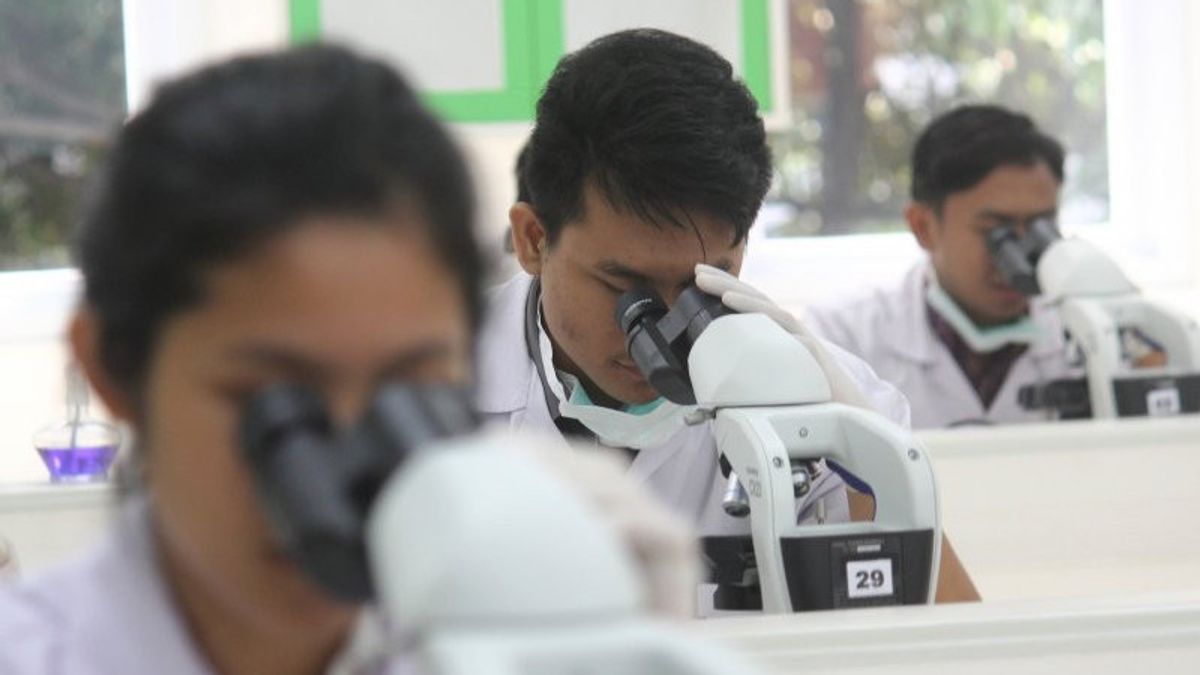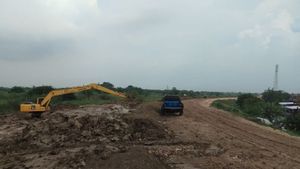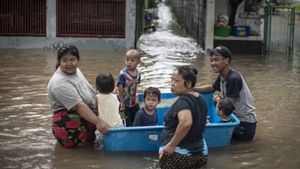
JAKARTA - Bacteria with genes that have natural antibiotic and antimicrobial resistance have been found in Antarctica. This bacterium also has the potential to spread from the polar regions.
Andres Marcoleta, a researcher from the University of Chile who led the study published in the journal Science of the Total Environment in March, said the 'superpowers' that evolved to fight these extreme conditions are contained in cellular DNA fragments that can be easily transferred to other bacteria.
"We know that the soil on the Antarctic Peninsula---one of the polar regions most affected by melting ice---has a large number of bacteria," Marcoleta said.
"And some of those bacteria are potential sources of ancestral genes that confer resistance to antibiotics," he added.
Scientists from the University of Chile collected several samples from the Antarctic Peninsula from 2017 to 2019.
“It is necessary to ask whether climate change can have an impact on the occurrence of infectious diseases. In a possible scenario, these genes could leave this place and promote the emergence and proliferation of infectious diseases," Marcoleta said.
SEE ALSO:
The researchers found that Pseudomonas bacteria, one of the main bacterial groups on the Antarctic Peninsula, are not pathogenic but can be a source of "resistance genes", which are not stopped by common disinfectants such as copper, chlorine or quaternary ammonium.
However, another type of bacteria they studied, Polaromonas bacteria, did have "the potential to inactivate beta-lactam antibiotics, which are important for the treatment of various infections," Marcoleta said.
The English, Chinese, Japanese, Arabic, and French versions are automatically generated by the AI. So there may still be inaccuracies in translating, please always see Indonesian as our main language. (system supported by DigitalSiber.id)

















